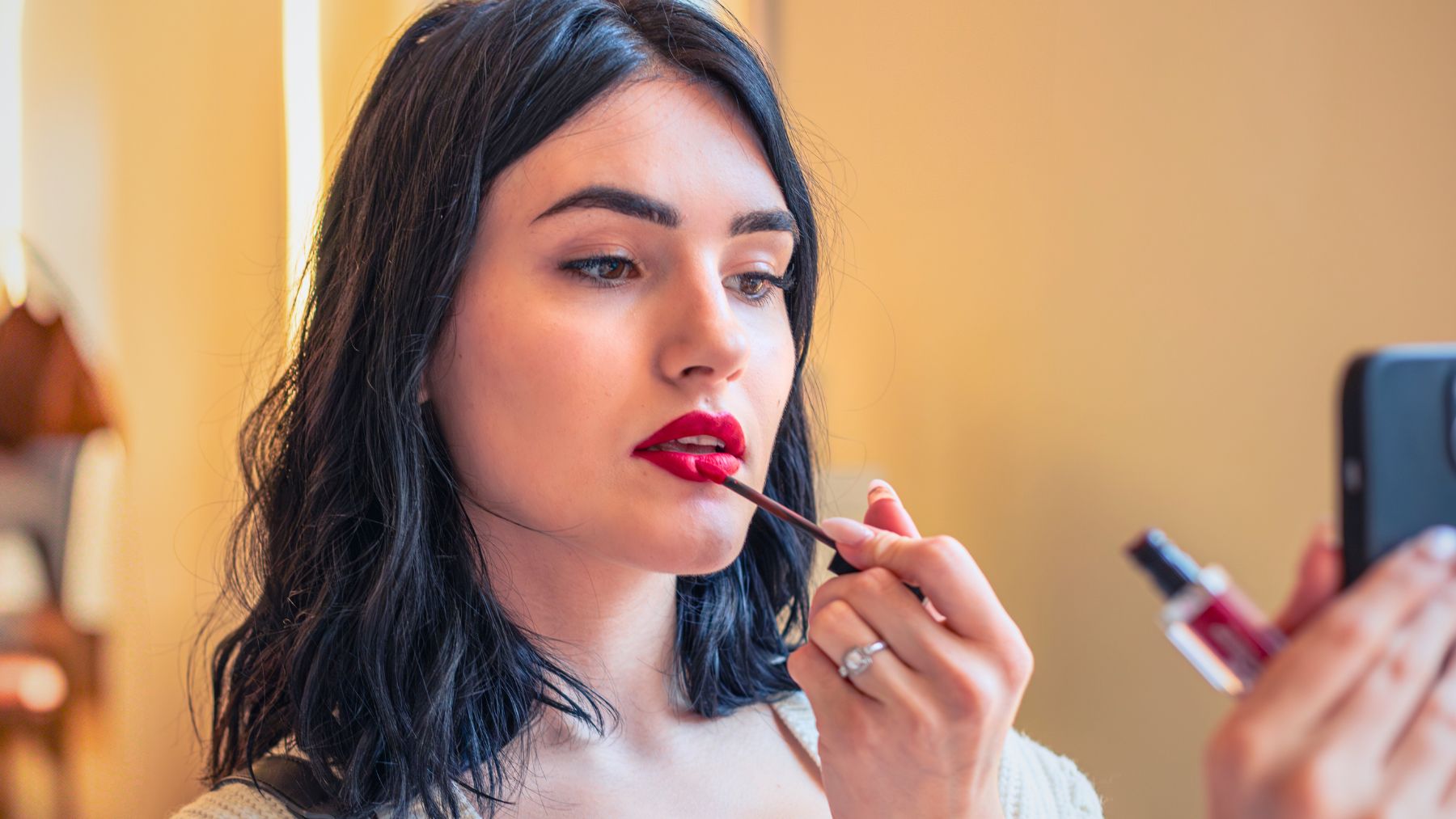Reaching for your makeup bag every morning can feel almost automatic. But what does this daily ritual say about you? Psychology suggests it can be a means for boosting confidence, enabling artistic self-expression, and engaging with identity construction influenced by trends in the cosmetic industry and social media ideals.
Here, we’ll explore the drivers behind daily makeup use and examine its tangible effects. We’ll consider its impact on mood, confidence, social interactions, and even potential drawbacks. Let’s get started
Why do people choose to wear makeup daily
For numerous individuals, daily makeup provides a way to manage insecurities and enhance self-image. By covering blemishes, redness, or imperfections, it creates a smoother canvas that helps the wearer feel more comfortable confronting the day. This practice is not about deception, but about presenting a version of oneself that aligns with personal aspirations while alleviating self-consciousness about perceived flaws.
The deliberate process of applying cosmetics offers a calming ritual and a dedicated moment of self-care before the day unfolds. This practice can uplift mood and reduce stress, with studies associating consistent makeup use with diminished anxiety and lower levels of stress hormones such as cortisol. This translates into feeling more prepared and emotionally resilient throughout the day.
Moreover, makeup serves as a powerful medium for self-expression. Selecting a bold lipstick, crafting a smoky eye, or opting for a natural look can reflect personality, mood, creativity, and align with evolving fashion trends, or not. This form of cosmetic artistry encourages experimentation with identity and presentation.
The psychological impacts of daily makeup
Daily makeup usage can shape self-perception and influence how others view you, creating positive outcomes and potential challenges.
- Boosts in self-esteem and confidence: A well-put-together appearance often leads to heightened feelings of capability and assertiveness. Makeup can provide an immediate surge of confidence, empowering you during social engagements, professional interviews, and key meetings.
- Social “armor”: Makeup can also serve as a shield, easing the pressure of social interactions. It diminishes self-consciousness and instills a sense of security, helping you feel more protected and less exposed in public and professional settings.
- Mood regulation: The act of applying makeup and the subsequent feeling of looking “done” can elevate daily mood and counteract lethargy or low spirits. This ritualistic process signals to the brain that the day has begun.
- Potential for dependence: A significant challenge emerges when self-worth becomes excessively linked to wearing makeup. The thought of being seen without cosmetics may trigger anxiety and erode confidence in your natural appearance.
- Amplified focus on appearance: Daily makeup use can intensify self-scrutiny and increase the pressure to conform to conventional beauty standards. This heightened focus may lead to dissatisfaction with natural features and anxiety about imperfections.
For some, daily makeup offers a creative outlet and an enjoyable boost. For others, it functions as essential coping armor. The crux lies in whether makeup enhances life freely or becomes a compulsory mask dictated by societal expectations. Cultivating awareness of your motivations is key to ensuring that makeup remains a tool for positive self-expression.

